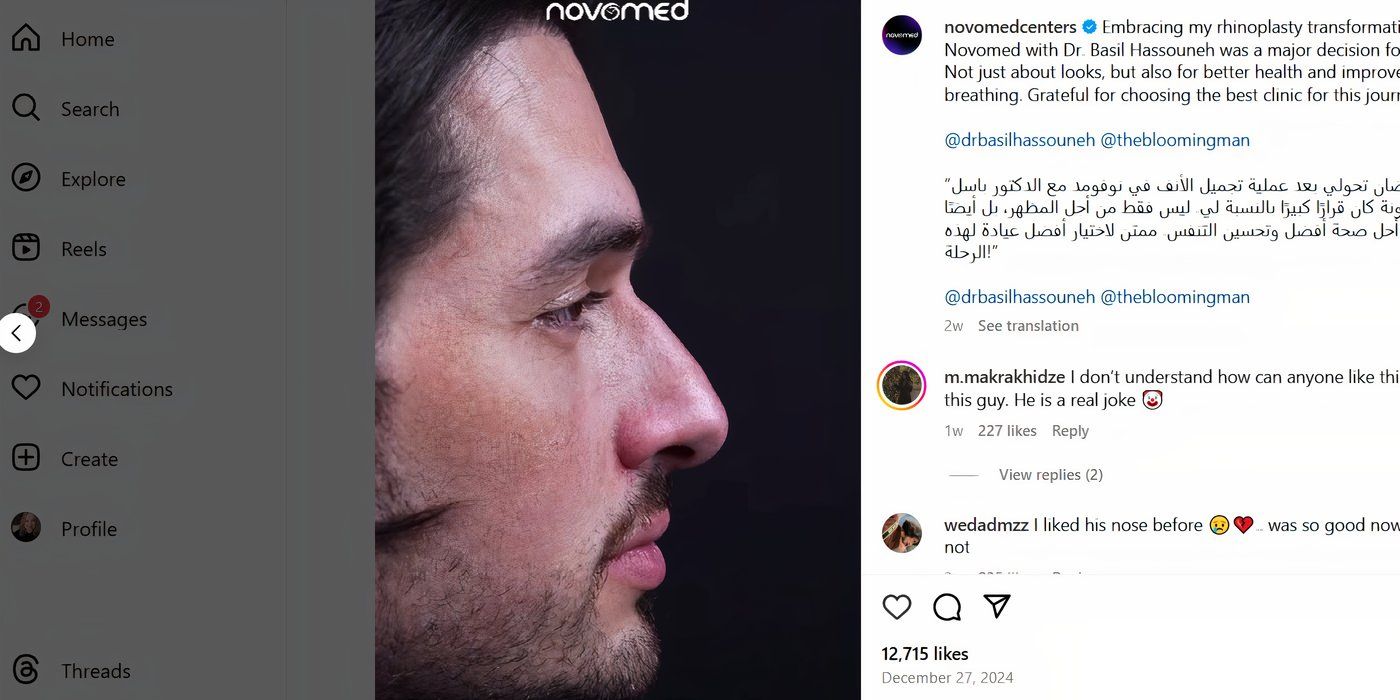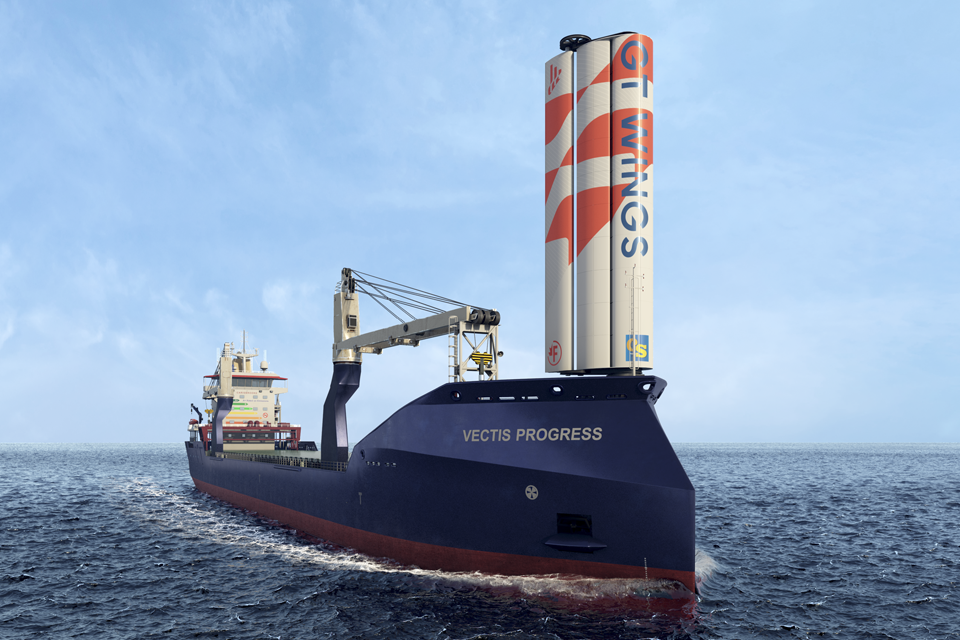
Here at Secret London, the topic of the transport will never fail to get us talking. It’s a subject that we’re all extremely passionate about, you see? So we’re feeling pretty darn pleased that it’s just got a whole lot easier for us to delve in and discover more about the deep history of London’s fascinating transport network.
A shiny new collaboration between Transport for London and Google Arts & Culture means that more than 2000 historical images and documents have been uploaded to an archive that Londoners (and beyond) now have the opportunity to hunt through. For free, might I add?
Drawn from TfL’s corporate archives; the collection spans from maps and images of London’s very first tube line back in 1863 all the way to the opening of new-line-on-the-block, the Elizabeth Line, in 2022. Having been specially digitalised by Google Arts & Culture; many of the documents have never been available to view outside of TfL’s in-person archive offices. So it’s all very exciting, really.
The archive has been split into various themed sections and presented in a click-through ‘story’ style, allowing users to comprehensively explore the network’s long and interesting history.
Commemorative versions of the tube map that were created to mark the 1937 and 1953 coronations are available to view, as well as unseen images documenting London’s involvement in the 2012 Olympics. Cartoons by Harry Beck (the designer of the tube map) have been uploaded to the archive, as have extracts from people who sheltered in the London Underground during WWII.

Users will have the chance to compare the tube map through the ages, test their knowledge with a vintage quiz, or even partake in a crossword inspired by one that was discovered in a 1932 TfL staff magazine.
Tamara Thornhill, Corporate Archivist for Transport for London, said: “We have worked on this online collection for more than three years, with the help of Google Arts & Culture’s digitisation team, and are thrilled to be able to utilise this platform to exhibit the range of the collections. This collaboration is a real step forward in preserving culture, making our collection more accessible, and helping to open never before seen content to a wider audience.”
TfL have confirmed that the archives will be regularly updated. You can find out more and explore the TfL Archives here.












